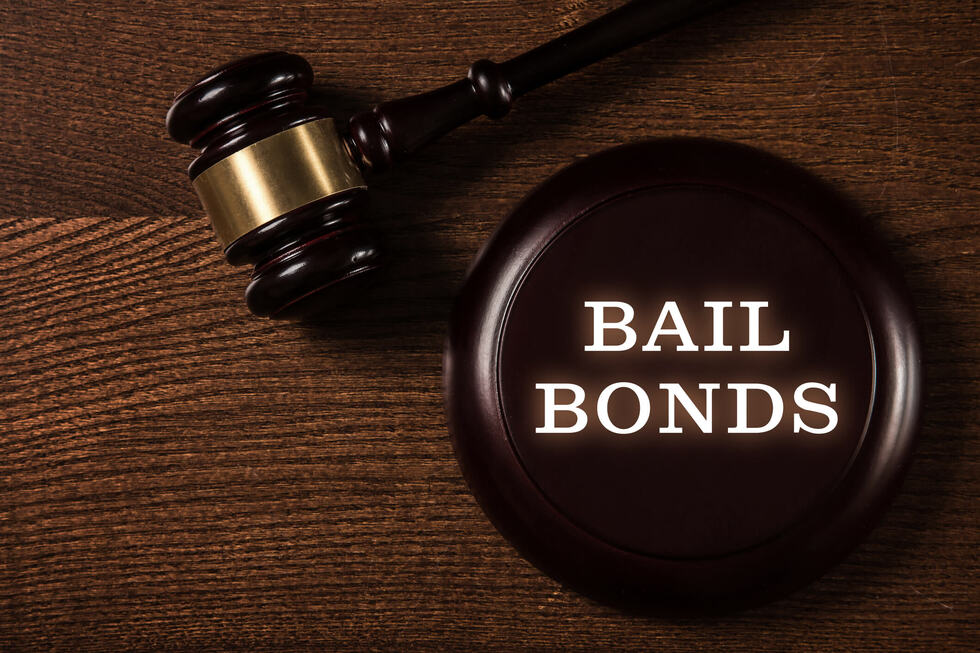Cash Bail vs. Bail Bonds: What’s the Real Difference for Defendants?
When someone is arrested and bail is set, one of the first decisions that must be made is how to pay it. Should you post the full amount yourself in cash, or should you use a bail bond service to secure release? While both options serve the same purpose, getting the defendant out of jail, they come with key differences that can impact your finances, legal obligations, and long-term outcomes. Here’s what every defendant and family should know when choosing between cash bail and bail bonds.
What Is Cash Bail?
Cash bail means paying the entire bail amount directly to the court. This can be done by the defendant or someone on their behalf, using cash, cashier’s check, or in some jurisdictions, a credit card. If the bail is $5,000, that full amount must be paid upfront.
If the defendant attends all required court appearances, the money is refunded (minus any administrative fees) once the case concludes. However, if the defendant fails to appear, the entire amount is forfeited to the court.
Pros:
- Refundable (if court obligations are met)
- No third-party fees or interest
- No need for collateral
Cons:
- Requires a large sum of money up front
- Funds are tied up until the case is resolved
- Entire amount is at risk if the defendant misses court
What Is a Bail Bond?
A bail bond is a financial agreement made with a licensed bail bondsman. Instead of paying the full bail, the defendant (or a co-signer) pays a non-refundable fee, usually 10% of the bail amount. The bondsman then posts bail on the defendant’s behalf.
For example, if bail is set at $10,000, you would pay the bondsman $1,000. In some cases, collateral such as property or a vehicle may be required to secure the bond.
Pros:
- Lower upfront cost
- Faster access to release for those without cash
- Bondsman helps ensure court compliance
Cons:
- The 10% fee is non-refundable, even if all court appearances are made
- May require collateral
- Additional fees may apply if the defendant misses court
What’s the Real Difference for Defendants?
The primary difference comes down to cost vs. risk. With cash bail, you’re putting down a larger sum but have the opportunity to get it back. With a bail bond, you pay less up front, but you won’t see that money again.
For many defendants, especially those who can’t afford thousands of dollars in cash, bail bonds are the only realistic option. They provide a path to freedom without wiping out savings or borrowing money.
However, it’s important to understand the responsibility that comes with each choice. Missing a court date can result in severe financial consequences, especially if collateral is involved.
Final Thoughts
Both cash bail and bail bonds have advantages and drawbacks, depending on your financial situation and the level of risk you’re willing to take. Whichever option you choose, make sure you understand the obligations involved. The right decision can reduce stress, protect your assets, and help you or your loved one return home faster.







